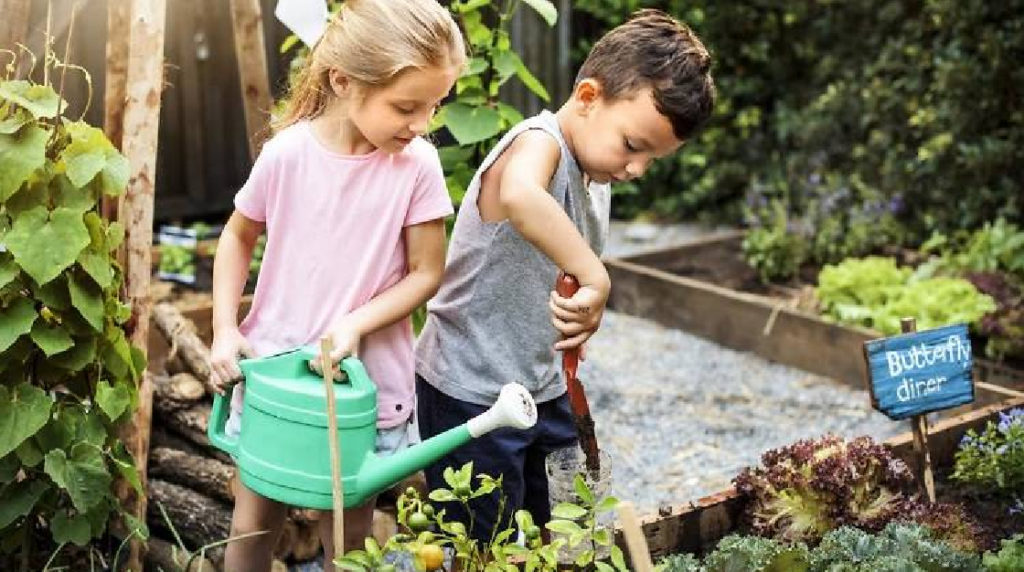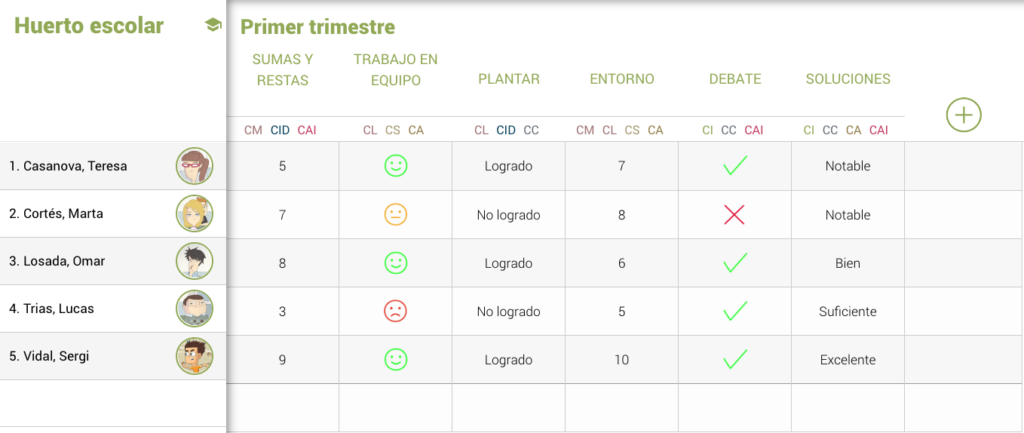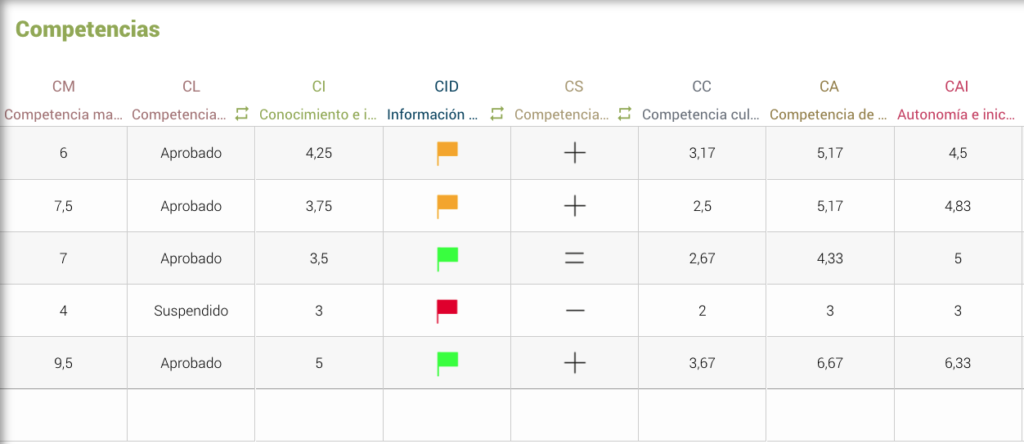School garden for a competence assessment
The construction of a school garden is an initiative that has gained importance in school centers lately, and we are not surprised about it! This didactic tool allows us to put into practice a huge number of competences and disciplines at the same time.
Our students can discover their environment by using all their senses. They can smell, touch, observe, try and listen to the garden. The experimentation through all five senses helps them learn much more easily.
Transversal learning:
School gardens are a great transversal learning tool. It allows students to work with knowledge and abilities from different scopes and instill them values while having fun.
A school garden can also serve as a support to study natural sciences, learning the vegetables’ cycle of life, the different types of vegetables that we harvest and much more. Mathematics can also be another study ambit in the garden, helping us to go over with all the students, even the youngest ones, for example, numbers and colors, or to even learn the numbers of the vegetables in other languages. For the older ones, the school garden is a perfect tool to work with basic questions such as geometry or economy.
It is also helpful to instill values such as recycling, learning how to use the organic waste from the dining area or even the garden pruning waste to elaborate fertilizer. Students can also strengthen aptitudes such as teamwork, crops’ selection, planning necessary activities to reach the main goal and coordinate themselves in the field to be able to carry them out.
Motor abilities such as cultivating require the use of their hands to stir the soil, as well as the use of tools in order to do that: from shovels and rakes to watering cans or clamping boards for a plant to grow upright.
Competential work:
This can be beneficial in order to work all the competences such as:
- Mathematics competence: through counting, classifying and solving small problems.
- Linguistic competence: language is used when doing exchanges. Via interaction, dialogue, the formulation of ideas, argumentation, comparison, etc.
- Knowledge and interaction with the physical world: it is present at all times as they interact with the rest of their classmates. They have undertaken activities in the environment that surrounds them, where they have to interact in order to take their own decisions.
- Information and digital competence: they can express their opinion by having a critical attitude and they can also use technological tools such as a digital board or a computer. Through research, obtaining, processing and communicating information.
- Social and civic competence: skills to communicate will improve in different contexts. In almost every area that has been mentioned students work in teams to make observations, hypothesis, debates, decisions, etc. It also influences families and professionals so as kids start interacting and learning to coexist with people from their surroundings.
- Cultural and artistic competence: you can create posters to post in your “shop” and get to know typical eatable elements. You can also create registers through drawings and other techniques, and you can plan activities to get to know the environment and other typical products.
- Learn to learn competence: you work with abilities such as attention, concentration, artistic expression, etc. Just as they keep carrying out the activities, they will build their own mental schemes, every time in a more effective and autonomous way.
- Autonomous and personal initiative: they can practice abilities to enhance their dialogue and cohabitation skills. Step by step they will develop confidence in themselves.
Knowledges that we can acquire:
We will enumerate some of the knowledge that we believe students can obtain through the school garden.
- Environmental awareness and respect for the natural environment
- Experiment and learn about the natural and social environment.
- Foment the consumption of fruits and vegetables and stimulate a healthy and balanced alimentation.
- Promote the responsible use of the natural resources
- Foment cooperative attitudes sharing and organizing the work that has to be done
- Impulse values such as patience, responsibility, compromise and autonomy
- Connect your school to the world
- Foment the families’ participation
- Approach the curriculum in a practical and experimental way.






